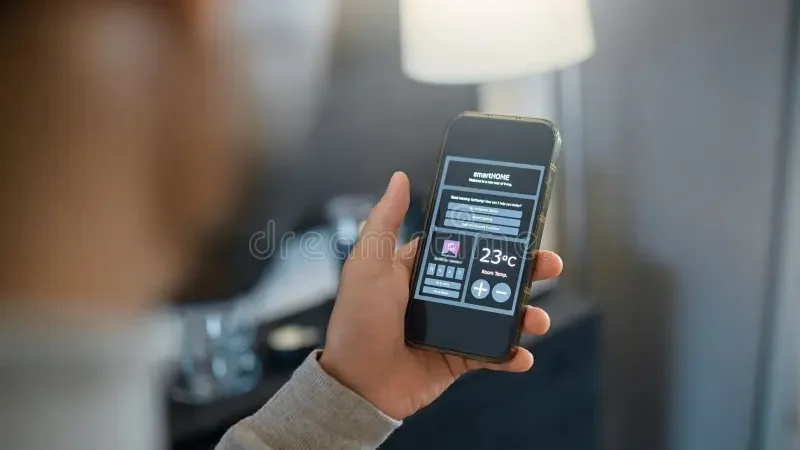Introduction
In today’s fast-paced world, smart home apps are revolutionizing how we interact with our living spaces. These apps allow users to control lights, temperature, security systems, and more — all from a smartphone or tablet.

1. Choose the Right App for Your Devices
Before you begin, ensure your smart home devices are compatible with the app you plan to use. Some popular options include:
- Google Home
- Apple HomeKit
- Amazon Alexa
- SmartThings by Samsung
Each app supports a wide range of devices, so check compatibility with your lights, thermostat, cameras, and more.
2. Set Up and Connect Your Devices
Once you’ve chosen an app, follow these general steps:
- Download and install the app from your device’s app store.
- Sign in or create an account.
- Add new devices using Wi-Fi or Bluetooth.
- Assign devices to rooms for better control.
3. Control and Automate Your Home
Smarthome apps allow you to:
- Turn lights on/off remotely
- Adjust temperature
- View live security camera feeds
- Lock/unlock doors
- Create automation (e.g., turn on lights at sunset)
Automation enhances convenience and energy efficiency. For example, set your coffee machine to turn on every morning at 7 AM.
4. Voice Control Integration
Most smart home apps support voice assistants:
- Google Assistant
- Amazon Alexa
- Siri
Just say:
“Hey Google, turn off the living room lights.”
And it’s done.
5. Manage Multiple Users and Permissions
If you live with family or roommates, you can share access by:
- Inviting other users
- Setting specific permissions (e.g., allow child to control lights but not security)
6. Keep Your App Updated
Developers regularly release updates to:
- Fix bugs
- Add new features
- Improve security
Make sure automatic updates are enabled for smooth operation.
Conclusion
Smarthome apps make your life more convenient, energy-efficient, and secure. With just a few taps or a voice command, you can control nearly every aspect of your home environment.
